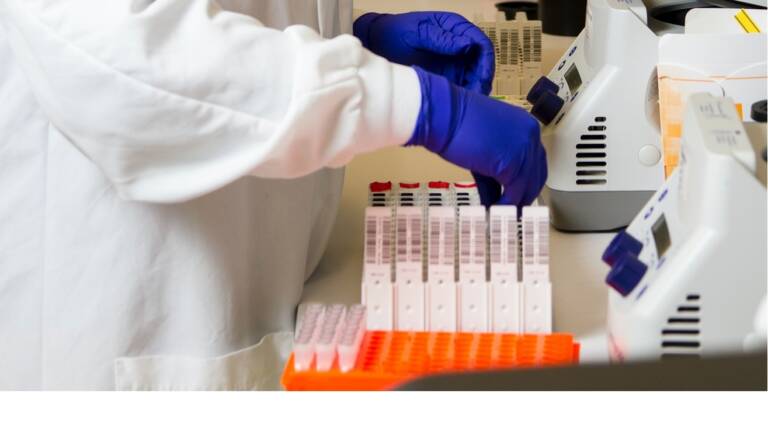Created synthetic human embryos, without eggs or sperm. Where are we going?

Scientists have created synthetic human embryos using stem cells, in an innovative advance that avoids the need for eggs or sperm. Practically the life of synthesis has been created, without any participation from sexual organs, as reported by the Guardian
According to the scientists, these model embryos, which resemble those in the early stages of human development, could provide a crucial window into the impact of genetic disorders and the biological causes of recurrent miscarriages.
Of course, this work also raises serious ethical and legal issues, as lab-grown entities do not fall under current legislation in the UK and most other countries and are potentially self-developing synthetic entities. What are they? Human embryos?
The structures do not have a beating heart or the beginning of a brain, but include cells that usually go on to form the placenta, the yolk sac and the embryo itself. How should they be viewed if they are being implanted and developed?
Professor Magdalena Żernicka-Goetz, of the University of Cambridge and the California Institute of Technology, described the work in a plenary speech at the annual meeting of the International Society for Stem Cell Research in Boston on Wednesday.
“We can create models similar to human embryos by reprogramming [embryonic stem] cells,” she said.
There is no short-term perspective of the clinical use of synthetic embryos. It would be illegal to implant them in a patient's uterus and it is not yet clear whether these structures have the potential to continue to mature beyond the earliest stages of development. But rest assured, it's only a matter of time before someone tries and attempts to develop a synthetic life.
The rationale for the work is that scientists must understand the "black box" developmental period, so called because scientists are only allowed to grow embryos in the laboratory up to a legal limit of 14 days. To understand the course of development, pregnancy scans and donated embryos for research can be used.
Robin Lovell-Badge, head of stem cell biology and developmental genetics at the Francis Crick Institute in London, said: 'The idea is that if you really model normal human embryonic development using stem cells, you can get lots of information about how we start development, what can go wrong, without having to use early embryos for research.”
Full details of the Cambridge-Caltech lab's latest work have not yet been published in a journal. But, speaking at the conference, Żernicka-Goetz described the cultivation of embryos to a stage just above the equivalent of 14 days of development of a natural embryo.
All these researches pose enormous ethical problems and should be foreseen by the laws which, on the other hand, usually pursue science. An embryo synthesized from stem cells, created without the participation of ova or sperm, whose child is it? Can it be developed? Does he have rights? Can it be “Adopted”? A complex world is ahead of us, for which we are not yet prepared.

Thanks to our Telegram channel you can stay updated on the publication of new articles from Economic Scenarios.
The article Synthetic human embryos created, without eggs or sperm. Where are we going? comes from Economic Scenarios .
This is a machine translation of a post published on Scenari Economici at the URL https://scenarieconomici.it/creati-embrioni-sintetici-umani-senza-ovuli-o-spermatozoi-dove-stiamo-andando/ on Thu, 15 Jun 2023 05:35:50 +0000.
